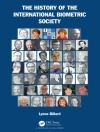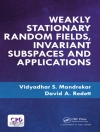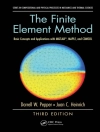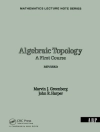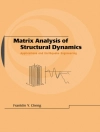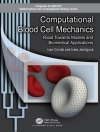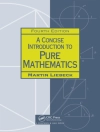The conventional numerical methods when applied to multidimensional problems suffer from the so-called ‘curse of dimensionality’, that cannot be eliminated by using parallel architectures and high performance computing. The novel tensor numerical methods are based on a ‘smart’ rank-structured tensor representation of the multivariate functions and operators discretized on Cartesian grids thus reducing solution of the multidimensional integral-differential equations to 1D calculations. We explain basic tensor formats and algorithms and show how the orthogonal Tucker tensor decomposition originating from chemometrics made a revolution in numerical analysis, relying on rigorous results from approximation theory. Benefits of tensor approach are demonstrated in ab-initio electronic structure calculations.
- Computation of the 3D convolution integrals for functions with multiple singularities is replaced by a sequence of 1D operations, thus enabling accurate MATLAB calculations on a laptop using 3D uniform tensor grids of the size up to 1015.
- Fast tensor-based Hartree-Fock solver, incorporating the grid-based low-rank factorization of the two-electron integrals, serves as a prerequisite for economical calculation of the excitation energies of molecules.
- Tensor approach suggests efficient grid-based numerical treatment of the long-range electrostatic potentials on large 3D finite lattices with defects.The novel range-separated tensor format applies to interaction potentials of multi-particle systems of general type opening the new prospects for tensor methods in scientific computing.
This research monograph presenting the modern tensor techniques applied to problems in quantum chemistry may be interesting for a wide audience of students and scientists working in computational chemistry, material science and scientific computing.
关于作者
Venera Khoromskaia and Boris N. Khoromskij, Max-Planck-Institute for Mathematics in the Sciences, Leipzig, Germany.


